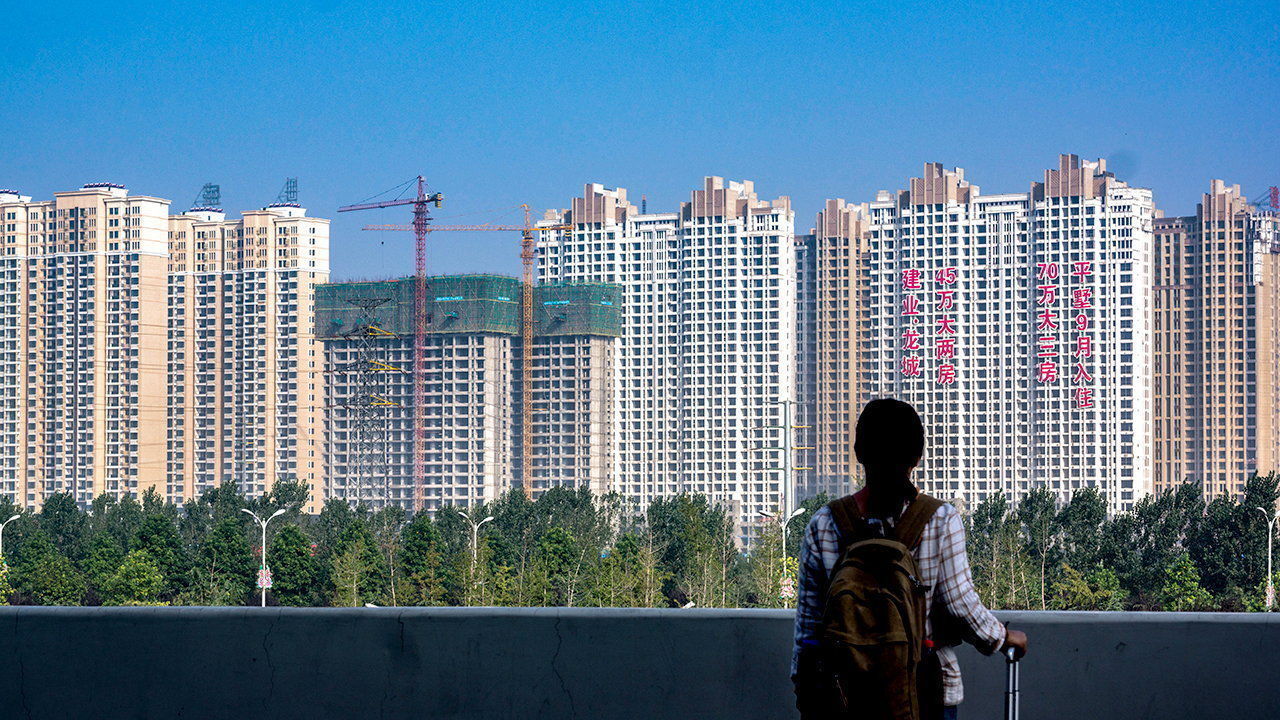- cross-posted to:
- economy
- cross-posted to:
- economy
The country’s economy is broken.
I don’t think China’s economy is broken, I think it’s working, more or less, as intended. We have to remember, China is not a free market economy, they are a state directed market economy. They are a hybrid of a centrally planned economy and a market economy. I know many people think these two things are mutually exclusive, but apparently you can have elements of both in the same economy.
I don’t know why China over-built in housing by so much. Maybe they anticipated the population would grow more than it has, or maybe they never intended for these properties to be occupied. Maybe they built these properties to spur some growth and create jobs, and didn’t really care if they were ever occupied or not.
I’m sure these projects were funded by loans from China’s state banking system. They lend the money to builders, the builders use the money to build a bunch of buildings, which creates jobs and economic activity, then the builders can’t sell the buildings, so they can’t repay the loans, so the state run bank has to charge off the loans, but maybe that was planned from the beginning. That would mean the Chinese state banks would have a lot of write-offs, and that’s true, but they’re not private, for-profit banks. They’re part of the state, and the state prints its own money. The Chinese government can seemingly create an infinite amount of money, so they can seemingly lose an infinite amount of money.
There’s no question this is incredibly wasteful, and bad for the environment, but if your goal is economic growth above all else, this strategy does seem to work.
Unfortunately, the reason why these were built, and who funded them are different from your assumptions.
They were funded by private Chinese individuals as a way of investing. Because of the way that the Chinese economy works, there are not analogous investment opportunities as to the states. Since these are funded by private citizens, they are the ones that will lose their investment if the units aren’t filled. If it was the state taking the loss, I would agree with you that it wouldn’t matter.
They were funded by private Chinese individuals as a way of investing…Since these are funded by private citizens, they are the ones that will lose their investment if the units aren’t filled.
I see. Well, I still wonder how much of an impact that will have on the broader Chinese economy.
If the investors are unable to sell these units, they will have an essentially worthless asset on their balance sheet, and the money they invested will have basically been flushed down the toilet, but, while that sucks for them, I don’t think that will necessarily have systemic impacts. Unless, of course, these assets have associated bank liabilities, but, again, the banking system is all run by the state. If these investors default on any loans they have against these assets, the assets will be seized by a state bank and the loans will be charged off by a state bank.
You make a good point. Since this was the most popular way of building wealth, the middle class was dependent on this. Since one of the strengths of any economy is buying power, and if a large number of consumers cut back because of a loss on their investments, that would hurt the economy.
I think I agree with your main point that it won’t hurt the Chinese economy by a large degree because of how it is structured.
Since one of the strengths of any economy is buying power, and if a large number of consumers cut back because of a loss on their investments, that would hurt the economy.
That’s a good point, but if there is a significant reduction in consumer demand as a result of these residential losses, the Chinese government can pump some free or cheap cash into the economy to pick up consumer spending, and they shouldn’t have to worry too much about inflation because they would actually be counteracting some deflationary pressures.
apparently you can have elements of both in the same economy.
Yes, just check out all of the state aid US Treasury handouts to corpos and how interest rates are used to control labour markets and and “inflation”



